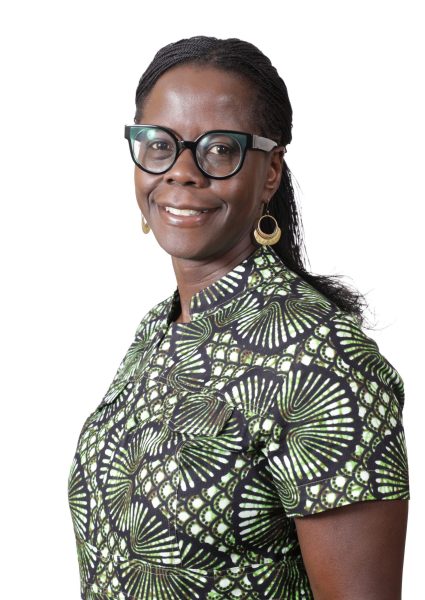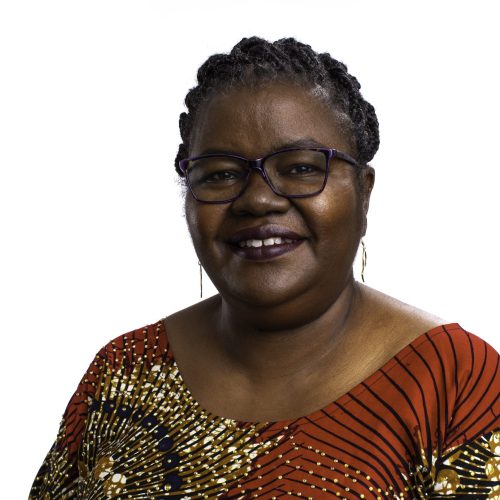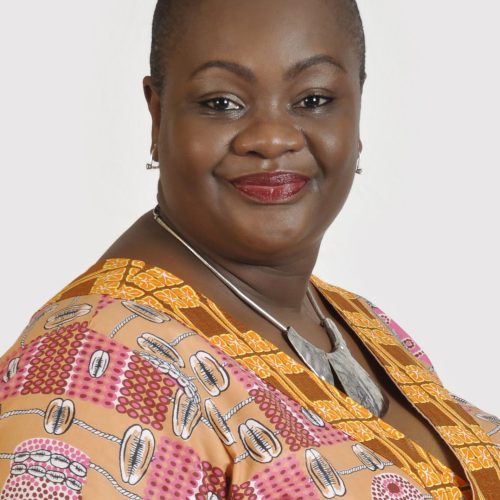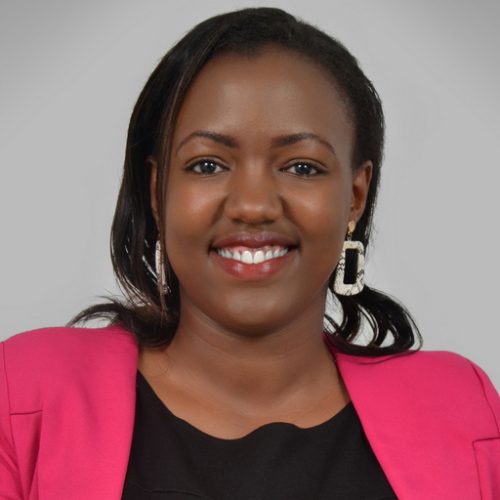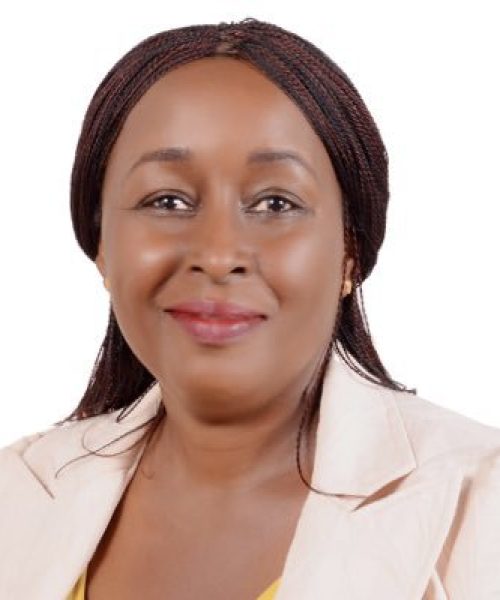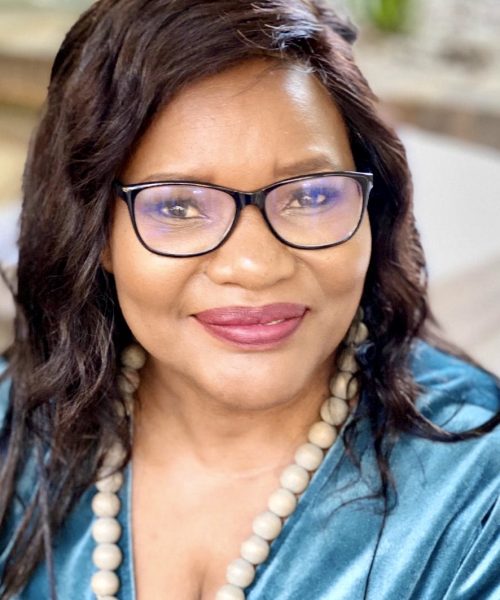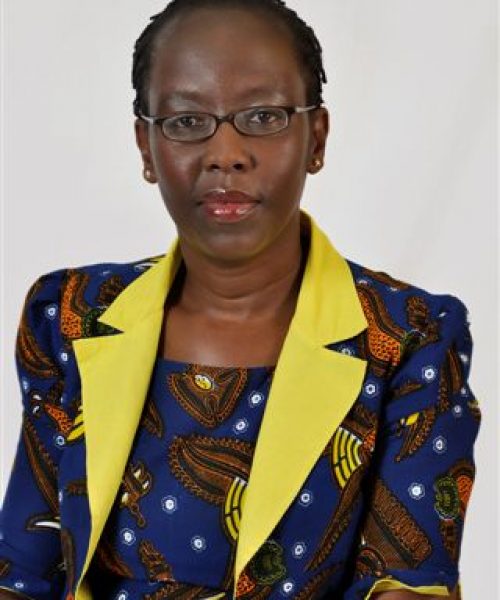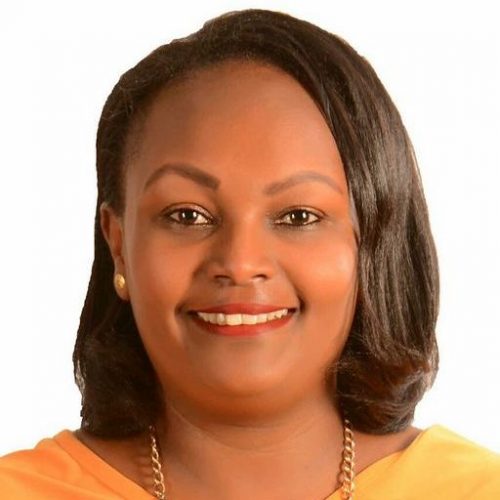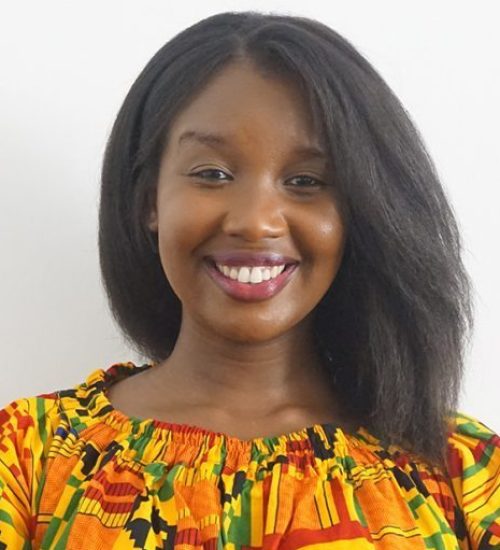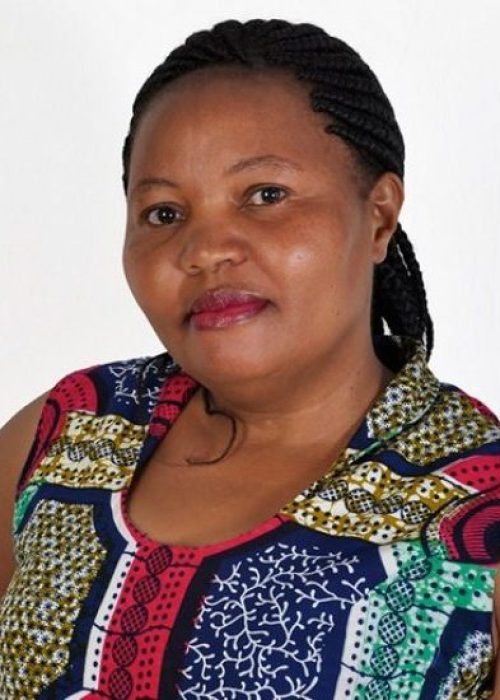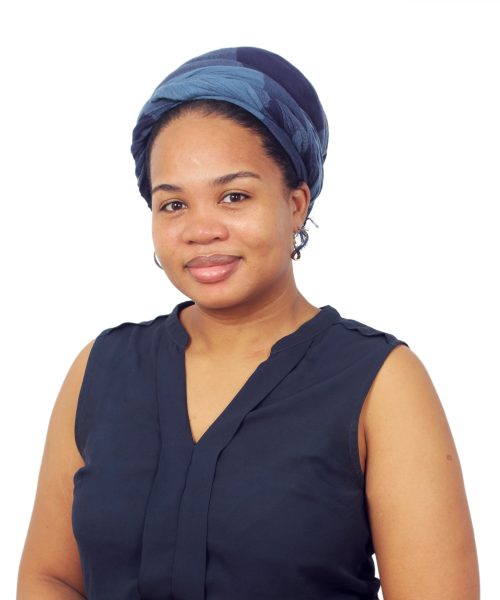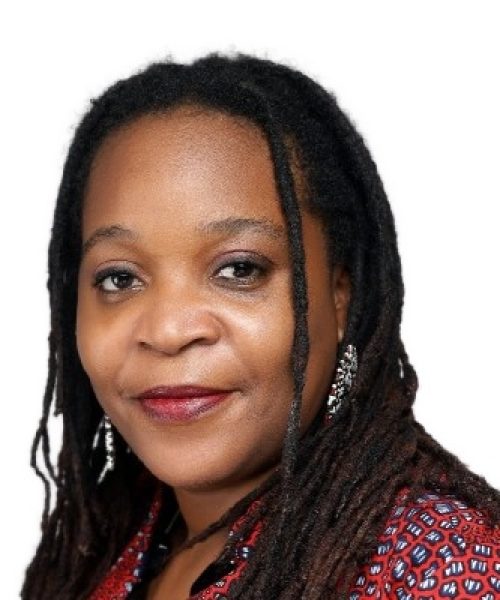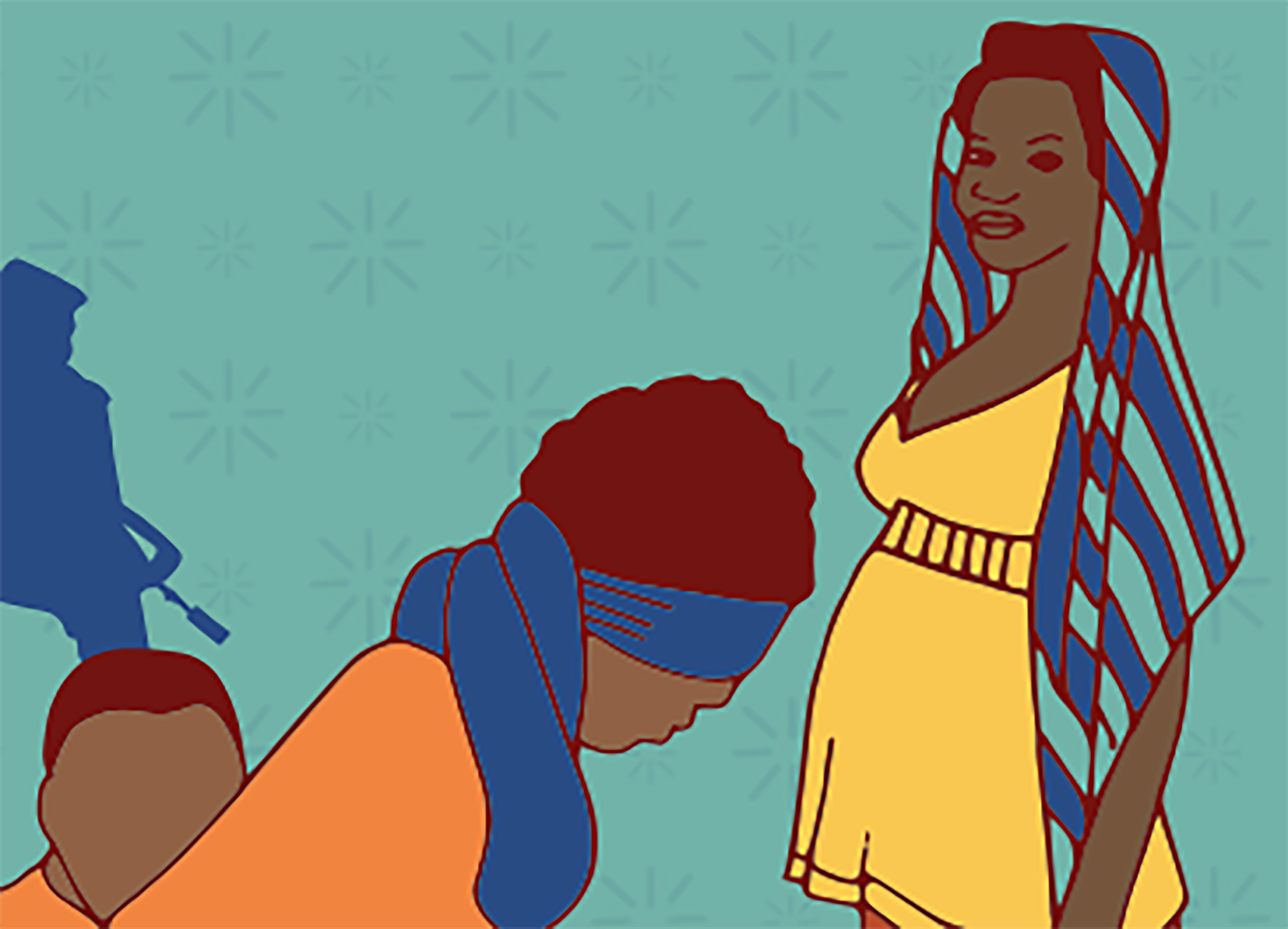
Ending Gender Based Violence in Africa: Message to Generation Equality Forum in Paris
Onyinyechi Okechukwu
As global leaders gather in Paris under the aegis of Generation Equality Forum (GEF) 2021, it becomes imperative to deliberate on the injustices against women with a strong objective of developing a clear road map of achievable and measurable interventions to end gender inequalities, discriminations, stereotypes, and every form of violence against women in Africa
Feminists and women’s rights advocates on the continent are concerned that despite several applicable domestic and international legal instruments, violence against women remains prevalent due to poor enforcement. The Protocol to the African Charter on the rights of women in paragraph 13 of its preamble acknowledges the continued violation of the rights of women in Africa irrespective of the African Charter on Human and Peoples Rights.
Twenty-six years after the landmark Beijing Declaration, women still suffer all sorts of indignities. Indications are that there is a high prevalence of sexual violence occurring against women and girls of all ages. Domestic violence has claimed the lives of so many women; female genital mutilation is still practiced in some countries; and, trafficking of women and the girl child for sexual exploitation persists. In Kenya, South Africa, and indeed other states, female children are constantly defiled by HIV-positive men who nurture a superstitious belief that having carnal knowledge of virgin girls will bring about a miraculous cure. Innocent girls have contracted HIV/AIDS from these defilements.
There must be accountability for violence against women, which is the first step towards reducing these crimes. Sexual violence is currently an epidemic: the media is awash with such stories including the case of an 8-year old girl in Nigeria being pimped to men for sex by her grandmother for a paltry sum of 3 US Dollars per session. In Sierra Leone, cases of underage pregnancies are rampant including incestuous defilements occurring in homes by close relatives and friends of the family. Most of these cases go unreported. In Egypt, violence against women is a tough battle.
The United Nations Economic and Social Affairs (UNESA) in its 2015 report, The World’s Women 2015, Trends and Statistics, noted that no fewer than 40% of the women who experience violence fail to seek the help of any sort. The culture of silence around sexual and domestic violence is due to stigma and lack of faith in the justice sector. Accountability for crimes is justice for victims.
Women and girls are systematically denied sexual and reproductive rights and women have died from seeking unsafe abortions. Religious organizations continue to propagate faith teachings that are gender discriminatory and encourage a culture of silence on issues of domestic and sexual violence.
Women are still thrown out of their matrimonial homes with nothing after many years of marriage with their children taken away. Instances of abduction of young girls for sexual and reproductive exploitations exist till today The Case of the abduction of over 200 girls from Chibok Secondary School in Northern Nigeria still sends hearts reeling in shock.
Some countries already have appropriate laws in place, but they are not fully enforced. That has to change. African women rights advocates propose that the global leaders at the Generation Equality Forum call on countries on the continent to do the following:
- Initiate law reforms and influence policies to change the status quo. Archaic laws that promote violence against women are obnoxious and must be compulsorily done away with. No decent society should harbour laws that promote inequality or violence against women under any guise whatsoever. Therefore African states with such laws should be impressed upon to repudiate them in favour of laws that promote gender equality and safety of women. States should be required to give updates on progressive laws. Existing international legal instruments should also be operationalized.
- Deconstruction of gender and accompanying stereotypes should be vigorously pursued at the most basic of socialization processes and the lowest levels of education. Education materials that lend credence to gender discrimination should be changed to reflect the progress of equality. In the same vein, active steps should be taken to end organizational practices that are harmful.
- Combating maternal and child mortality must be addressed holistically through better healthcare and by promoting the sexual and reproductive rights of women and girls across the continent. The educational curriculum should include the sexual and reproductive rights of women and also be supported by the government through policies and legislation.
- Laws to increase the political participation of women should be implemented. The political terrain should be women-friendly taking into cognizance women’s peculiarities and special circumstances thereby making politics more accommodating. Women are better positioned to influence the changes they desire and political participation is a strong platform.
- Law enforcement officers are very important in the fight against gender-based violence. Unfortunately, they are some of the enablers of domestic violence due to their actions and inactions in cases of abuse against women. Most lack the capacity and the efforts to train and retrain Police officers that man the gender or human desks. Also, constant movement proves counterproductive as they are transferred soon enough to other sectors and locations and the cycle continues. To forestall this, education of police officers on matters of violence against women should form part of their orientation courses and exercises to enhancing professionalism and commitment.
In conclusion, global leaders must increase support to feminist movements in Africa. By allocating more direct funding to local groups, women working at the frontlines are able to tackle the scourge.

